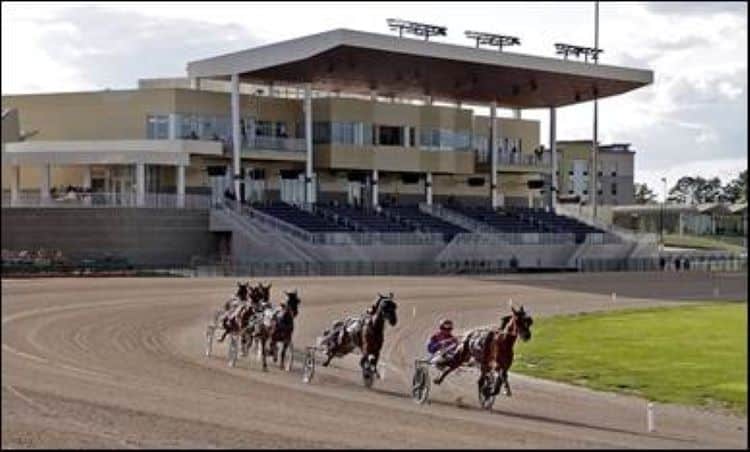The Ohio Casino Control Commission released its third batch of proposed sports betting rules on Monday as the state inched closer to getting its market up and running.
Gov. Mike DeWine officially legalized sports betting on Dec. 22 when he signed HB 29 into law. The law states that sports betting should launch by Jan. 1 2023. “Batch 3,” as its known, focuses on sports gaming exclusion programs and Type C licenses and is open for public comment until Feb. 11.
The exclusion program involves problem gamblers who voluntarily bar themselves from gambling for a period of one to five years, or even a lifetime. Bettors who eventually want to be taken off the list must formally request to be removed, even after the requested time for exclusion has passed. And bettors who sign on for a lifetime exclusion can request to be removed from the list after five years.
Within the proposed exclusion rules, there is a section that addresses what would happen if a bettor participating in the program was owed a cash amount from an exclusion “entity or facility.” The proposed rule states that “the individual still has the right to receive that amount from the entity or facility, even after placement on the voluntary exclusion program.”
The proposed rules don’t mention what would happen should a bettor sign up to be placed on the exclusion list after placing a substantial bet that knowingly could result in a major loss. The rules don’t state whether or not the bettor would be eligible to receive a refund by voluntarily going on the list before the outcome of the bet is determined.
Batch 3 also includes information about Type C licenses, which allow for in-person wagering at smaller venues and range from $1,000 for a host to $100,000 for a proprietor.
There are four casinos and seven racinos spread throughout Ohio. With legalized sports betting on the way, @hoosier3232 takes a look at each venue: https://t.co/7fZLHtXvtF pic.twitter.com/pexXJfrpV5
— US Bets (@US_Bets) February 2, 2022
Batch 2 open comment deadline this week
The OCCC released the first two batches of proposed rules in previous weeks. Batch 1, released in mid-January, focused on provisional licensing and testing standards. Batch 2, which was released Jan. 24 and is open for public comment until Friday, focused on licensing for Ohio sportsbook apps and retail sports books, general wagering provisions, and equipment.
Batch 2 revealed proposed application fees for Type A and Type B licenses. Type A licenses (online wagering) and mobile management providers have a proposed cost of $150,000. Type B (brick-and-mortar) licenses and management service providers have a proposed cost of $20,000. Licensing fees were set at $500,000 for sports organizations, $1 million for non-sports organizations, and $100,000 for Type B licenses.
The OCCC plans to share more proposed rules at the group’s next scheduled meeting on Feb. 16.
Odds and ends
- Among the proposed rules, the OCCC will allow for various sports’ governing bodies to ask that a certain bet type or event be disallowed. The rules require the regulator to share the request with stakeholders, who have the opportunity to comment. But the rules apparently don’t require the regulator to respond to any comments. Furthermore, the rules don’t state that the governing bodies would have an opportunity to appeal any decision by the regulator not to disallow a particular bet or event.
- The OCCC has also proposed that operators ask to have a bet type or event added “at least five days before the first requested use.” Other states do not require that much advance notice to review a new bet or event.
Photo: Shutterstock








